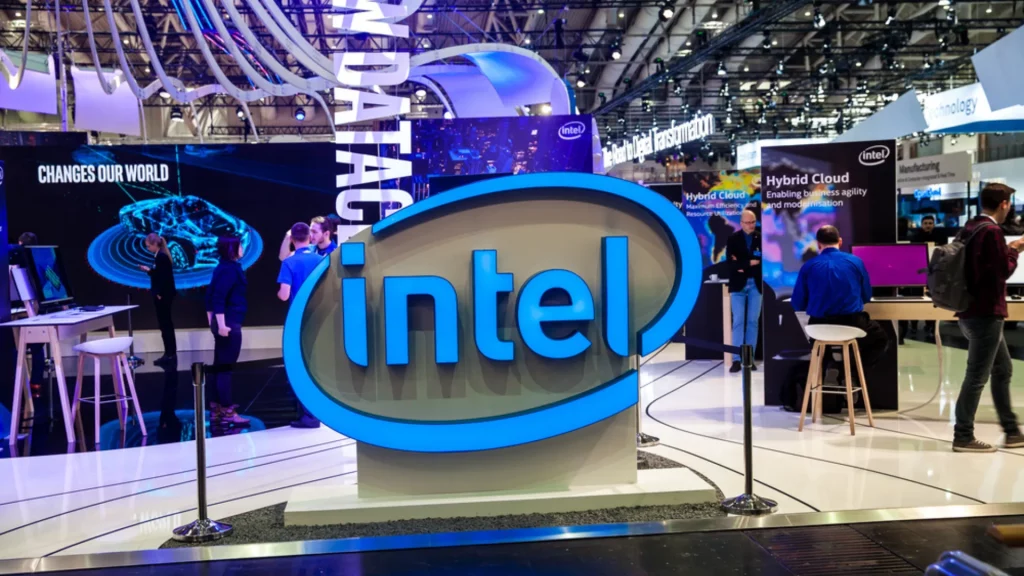This recent deal with Germany marks Intel’s third major investment in just four days
Intel, the U.S. chipmaker is set to invest over 30 billion euros ($33 billion) in developing two chip-making plants in Magdeburg, Germany. The deal, considered Germany’s largest-ever foreign investment, was hailed by Chancellor Olaf Scholz as a significant milestone in the country’s high-tech production landscape.
The German government has agreed to provide subsidies worth nearly 10 billion euros to Intel, surpassing the initial offer of 6.8 billion euros, to facilitate the construction of two cutting-edge facilities in Magdeburg. Intel CEO Pat Gelsinger expressed gratitude to the government and the state of Saxony-Anhalt for realizing the vision of a thriving and sustainable semiconductor industry in the European Union and Germany.
Under Gelsinger’s leadership, Intel has been making substantial investments in building factories across three continents to regain its prominence in chipmaking and enhance its competitiveness against rivals such as AMD, Nvidia, and Samsung.
Chancellor Scholz emphasized the importance of the agreement, stating that it represents a crucial step for Germany as a high-tech production hub and contributes to the nation’s resilience. He highlighted that the investment would propel Germany’s technological advancement and bolster its capacity for ecosystem development and microchip production.
This recent deal with Germany marks Intel’s third major investment in just four days. The company unveiled plans for a $4.6 billion chip plant in Poland on Friday and announced a $25 billion factory in Israel on Sunday. Globally, the semiconductor manufacturing industry is predicted to reach a value of one trillion dollars by 2030, expanding from $600 billion in the year 2021, according to McKinsey.
Both Europe and the United States are actively seeking to attract major industrial players through a combination of favorable legislation and state subsidies. Germany, in particular, aims to address concerns about supply chain fragility and reduce dependence on South Korea and Taiwan for chip supplies. The German government is investing billions of euros in subsidies to incentivize tech companies, recognizing the strategic importance of fostering a robust and diverse semiconductor industry.
“The size of Intel’s reaffirmed and increased commitment to its expansion in Magdeburg speaks louder than words about Germany’s appeal as a high-tech business location,” stated Robert Hermann, CEO of government agency Germany Trade & Invest.
In addition to the investment from Intel, Berlin is engaging in discussions with Taiwan’s TSMC and Sweden’s Northvolt, a leading electric vehicle battery maker, to establish production facilities in Germany. The country has already secured Tesla’s agreement to build its first European gigafactory in Berlin.
The agreement between Intel and the German government includes enhanced support and incentives, reflecting the expanded scope of the project since its initial announcement in March 2022. The investment in the Magdeburg plant has increased from 17 billion euros to over 30 billion euros.
The first facility in Magdeburg is expected to commence operations in 4 to 5 years after receiving approval from the European Commission for the subsidy package. Intel estimates that around 7,000 construction jobs will be created during the initial expansion phase, along with approximately 3,000 high-tech jobs within Intel and tens of thousands of jobs across various industries.
Intel’s decision to build a significant chip complex in Germany, along with facilities in Ireland and France, is driven by its aim to benefit from the European Commission’s funding rules and subsidies, as the EU seeks to reduce its reliance on the U.S. and Asian chip supplies.
Gelsinger expressed optimism in reaching an agreement, noting that although there was initially a significant gap between the subsidies offered by Germany and Intel’s requirements, being cost-competitive was crucial in reclaiming the industry and making it thrive again in the region.
